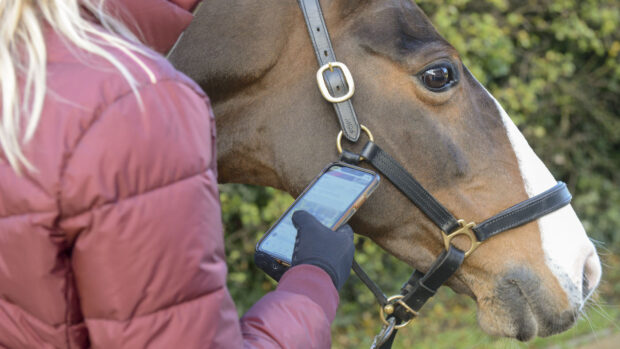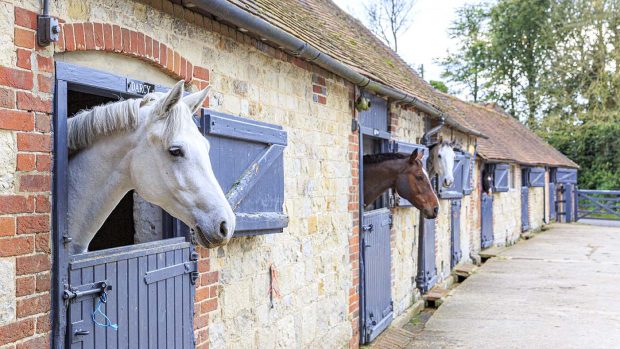You need to decide what sort of livery — full, part, DIY, competition, hunting, grass or working — suits you best and what your budget is. This will give you a good starting point because some yards specialise in specific types of livery.
- Find out exactly what you get for your money. Will you be charged extra for turning out, grooming, schooling, mucking out and so on?
- Will you be able to use any type of bedding you wish or must all the horses on the yard be kept on the same type? This is important, particularly if you have a horse with a dust allergy.
- Are you allowed to buy in your own forage, bedding and feed, or do you have to buy from the yard or yard’s supplier? If you have to buy from the yard, check the quality on offer before you move your horse there.
- Establish what sort of turnout time your horse will get, if your turnout is segregated by sex, how your horse will be introduced to others it is turned out with, what the grazing is like and what sort of parasite control regime is used.
- Some yards try to synchronise visits from the farrier, dentist and vet (for vaccinations) so that all of the horses are seen at the same time. If this is the case, find out what the schedule is.
- Ask about lessons from your own instructor. It is not unknown for yards to refuse to allow anyone but their “own” instructor to teach on site.
- If the yard has a manège or indoor school, find out what access you will have. Is it a free-for-all or is there a booking system, and do you have to pay extra to use it?
- Get an Ordnance Survey map and find out which bridleways are near the yard. Ask the yard manager, owner or liveries if all the marked bridleways are open and safe to use.
- Find out what the yard’s fire and first aid procedures are. Be wary of anyone who says that they do not have a procedure or leave it up to the liveries.
- Have a good look round the yard. Talk to current liveries, spot any potential dangers to your horse and see how other horses are treated. Don’t be afraid to ask questions.
- A livery contract is generally a good thing for both the livery and the yard owner because it safeguards against disputes. Make sure you read the contract before signing and, if you can, get a solicitor to look over it for you.
- The British Horse Society runs a livery yard approval scheme. To view a list of BHS approved yards visit: www.bhs.org.uk/livery/livery_index.htm
This top tips feature was first published in Horse & Hound (16 December, ’04)



 Get up to 19 issues FREE
Get up to 19 issues FREE TO SUBSCRIBE
TO SUBSCRIBE 



